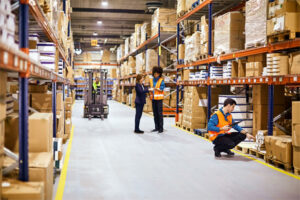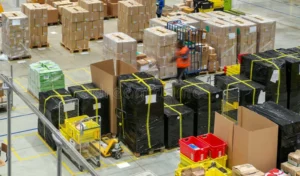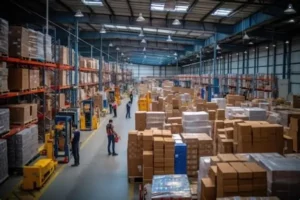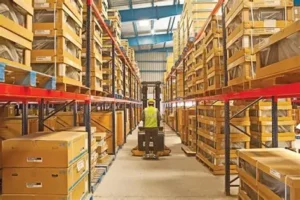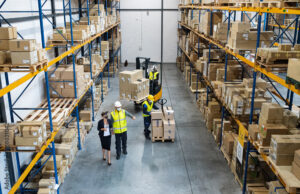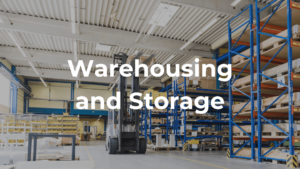Safety in warehousing operations plays a vital role in smooth logistics. A safe warehouse protects people, goods, and daily operations. On the other hand, unsafe conditions can cause accidents, damage products, and increase costs. Therefore, safety is not optional—it is essential.
At Akash Storage & Distribution Services Pvt. Ltd., we give strong importance to safety. Our goal is to maintain reliable and efficient warehouse operations for every client.
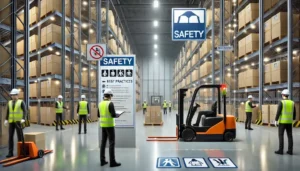
Why Safety Matters in Warehousing
A safe warehouse supports better performance and fewer risks. For example, injuries can slow down work and affect morale. In addition, damaged goods increase losses. Moreover, unsafe conditions can lead to legal penalties.
As a result, warehouses with strong safety systems are more efficient, cost-effective, and dependable.
Safe Storage Practices
Proper storage reduces both accidents and product loss. Goods must be stacked correctly and placed on strong racks. Weight must be balanced to avoid collapse. Also, hazardous items should be stored separately.
Because of this, organized storage helps protect inventory and people at the same time.
At Akash Storage & Distribution Services Pvt. Ltd., we follow strict storage guidelines to protect both staff and inventory.
Trained and Aware Workforce
Safety starts with trained employees. Workers must understand how to lift goods, use equipment, and respond in emergencies. Therefore, regular training is important.
When staff follow clear safety rules, accidents reduce and efficiency improves.

Use of Safety Equipment
Protective equipment adds another layer of safety. This includes helmets, gloves, fire alarms, extinguishers, and safety signs. In addition, barriers and marked pathways guide safe movement.
Such tools help prevent injuries and protect stored goods.
Proper Handling of Goods
Improper handling often leads to damage or injury. To avoid this, workers should use proper lifting tools and avoid overloading. Clear communication also plays a key role.
As a result, safe handling improves speed and accuracy.
Clean and Organized Work Environment
A clean warehouse lowers risk. For instance, wet floors and blocked exits can cause accidents. Therefore, regular cleaning and clear walkways are important.
At the same time, emergency planning ensures fast action during fires or power failures. Emergency exits, first aid, and drills help reduce damage and downtime.
Emergency Preparedness
Following safety rules is mandatory. Non-compliance can lead to fines and business loss. Hence, regular audits and updated safety practices are necessary.
Safe operations also improve efficiency. Fewer accidents mean less downtime, better staff confidence, and higher customer trust.
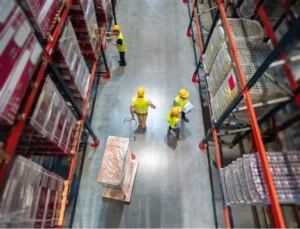
Customer Benefits
Warehouse safety also benefits customers. Safe handling reduces:
- Product damage
- Order errors
- Delivery delays
Reliable and safe operations lead to better customer satisfaction and trust.

Why Choose Akash Storage & Distribution Services Pvt. Ltd.?
We combine safety with operational excellence. Our warehouses offer:
-
Organized and secure storage
-
Trained professionals
-
Emergency readiness
-
Accurate and reliable order handling
Because of this, your goods remain safe and your supply chain stays strong.
Conclusion
Safety is not optional in warehousing; it is essential. It protects employees, products, and the overall supply chain. By partnering with Akash Storage & Distribution Services Pvt. Ltd., businesses can enjoy safe, reliable, and efficient warehousing operations, improving productivity and customer satisfaction. Safe warehousing today ensures a stronger and smoother supply chain tomorrow.


